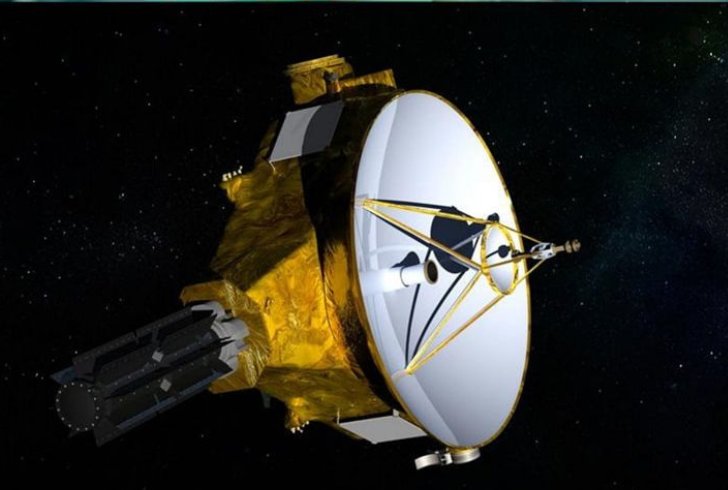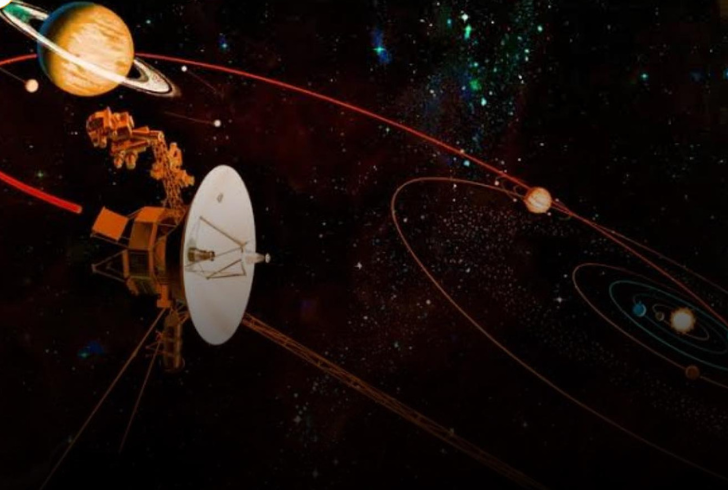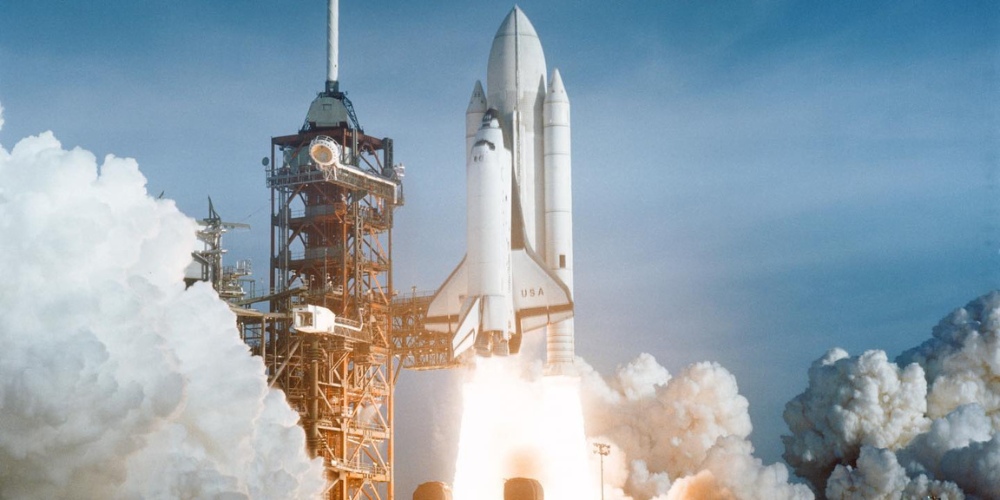Have you ever gazed up at the night sky, mesmerized by the twinkling tapestry of stars and planets, and wondered what lies beyond? Throughout history, humanity has harbored an insatiable curiosity about the cosmos. Enter the ingenious invention that has revolutionized our understanding of the universe: the space probe. But what is a space probe, you might ask?
Well, let's embark on a journey to unravel the mysteries of these unmanned emissaries of exploration.
What is a Space Probe?

Instgaram | sciencenaturee | A space probe, a robotic spacecraft, ventures beyond Earth to collect valuable data about our solar system.
A space probe is a robotic spacecraft that ventures beyond Earth to collect valuable data about our solar system. These unmanned crafts are equipped with specialized instruments and cameras to study planets, moons, comets, and asteroids up close.
Whether they're capturing detailed images or analyzing environmental conditions, space probes play a crucial role in expanding our understanding of the cosmos.
How Do Space Probes Work?
Space probes are designed to operate in the harsh conditions of space, often traveling millions of miles from Earth. Here’s a breakdown of their functions:
- Data Collection: Space probes are fitted with scientific instruments to measure temperature, magnetic fields, and chemical compositions.
- Imaging: Advanced cameras on probes capture high-resolution images of celestial bodies, providing us with unprecedented views of distant worlds.
- Communication: Probes send data back to Earth via radio waves, allowing scientists to analyze the information and make new discoveries.
Types of Space Probes
There are several types of space probes, each suited for a specific mission:
1. Flyby Probes
Instagram | popsci | Voyager 1's flybys of Jupiter and Saturn are iconic missions.
As the name suggests, these probes speed past celestial bodies, capturing close-up images and data during a brief encounter. Missions like Voyager 1's flyby of Jupiter and Saturn are classic examples.
2. Orbiters
These space probes settle into a stable path around a planet or moon, providing a continuous stream of data and allowing for prolonged observation. The Mars Reconnaissance Orbiter has been orbiting the Red Planet for over 17 years, sending back invaluable data about its surface and atmosphere.
3. Landers
Designed to touch down on the surface of a celestial body, landers deploy instruments directly on the ground to conduct in-situ analysis. The iconic Apollo 11 mission successfully landed the first humans on the Moon, while landers like InSight have been studying the Martian surface composition.
The Impact of Space Probes
Space probes have revolutionized our understanding of the universe. They've unveiled breathtaking landscapes on distant worlds, discovered active volcanoes on moons, and even hinted at the possibility of extraterrestrial life.
The information gleaned from space probes has not only satisfied our curiosity but also has practical applications. Data on planetary atmospheres helps us understand climate change on Earth. Images of asteroids can aid in developing strategies to deflect potentially hazardous objects.
Challenges and Innovations

Instagram | melody_mocktail | Technological innovations keep boosting space probe capabilities.
Operating a space probe is a complex and challenging task. Engineers and scientists must address numerous obstacles, including:
- Distance and Communication: As probes travel farther from Earth, communicating with them becomes increasingly difficult. Signals can take minutes to hours to travel back and forth.
- Power Supply: Probes rely on solar panels or radioactive power sources to operate for extended periods in space.
- Durability: Spacecraft must withstand extreme temperatures, radiation, and micrometeoroid impacts.
Innovations in technology continue to enhance the capabilities of space probes. For instance, advancements in propulsion systems and artificial intelligence are enabling more autonomous and efficient missions.
The Future of Space Probes
The future of space exploration is brimming with possibilities, and space probes will continue to play a pivotal role. Upcoming missions aim to explore the fringes of our solar system, investigate the potential habitability of exoplanets (planets orbiting distant stars), and search for signs of life beyond Earth.
The journey of space probes is not just about scientific discovery; it's about pushing the boundaries of human ingenuity and inspiring generations to come. Every mission unveils a new piece of the cosmic puzzle, bringing us closer to comprehending the vast and wondrous universe we inhabit.

